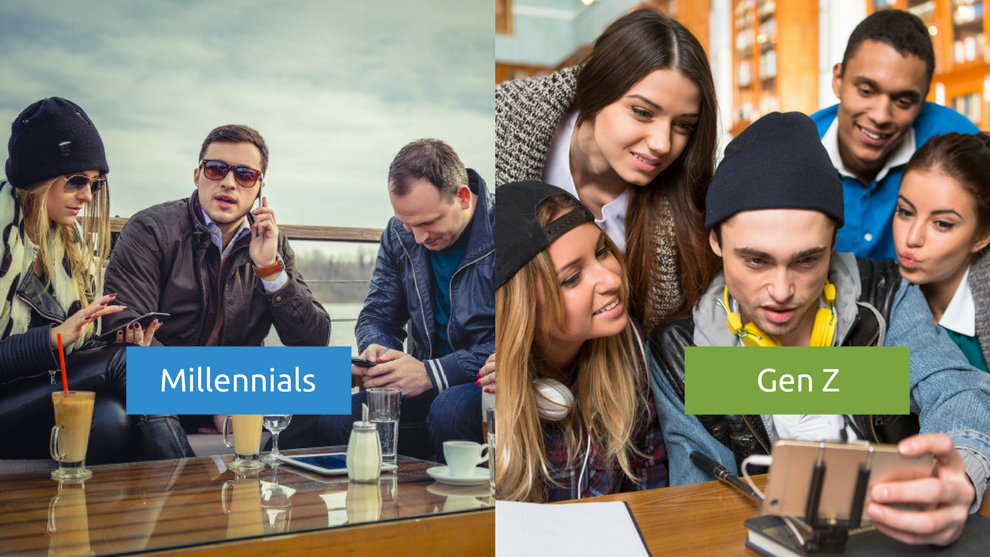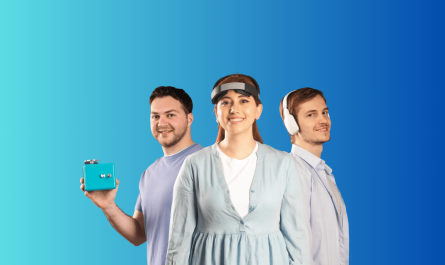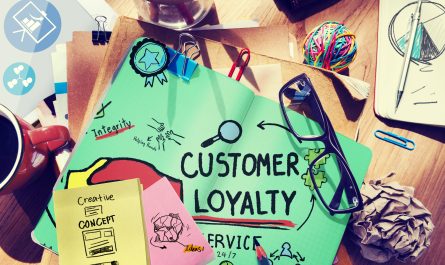Some say that data is the new oil because these days it powers some of the most innovative companies on the planet. But data isn’t worth much if it isn’t being used. Increasing numbers of organisations are acknowledging this, making changes to move from data-rich to insights-driven as fast as possible.
But why is this transition so challenging?
For some, it’s the sheer volume of data now collected. Without adequate knowledge management solutions in place, companies can find themselves drowning in oceans of unorganised research, suffering from internal silos as a result.
In fact, research from McKinsey estimates that some knowledge workers spend up to 20% of business time looking for internal information, buried in company drives and folders. What’s more, when research cannot be located, millions of dollars end up wasted by different teams purchasing duplicate or lost reports.
With customer and employee needs and expectations changing faster than ever before, it’s crucial companies get on top of their insights. And fast.
So, what does the next generation of insights look like?
Insightful remote working
Remote working is not new behavior, but for many large organisations, it was not the norm. Recently though, this changed with the COVID-19 pandemic forcing companies to adopt a work from home culture overnight.
Sandeep Dadlani, Chief Digital Officer at Mars, told Harvard Business Review that this led his company to embrace a new internal speed clock. He explained, “Conversations between remote team members have become more focused and less subjective, productivity has improved, decisions have become more data-driven, and new, more probing questions are being asked”.
To achieve this efficiency remotely, individuals need access to tools that allow them to adapt quickly. Internal silos must be abolished by technology that will enable team members to access data and insights anytime, anywhere.
Identifying opportunity
Accessing insights in just a few clicks not only powers remote work and instills confidence, but it also prevents guesswork. By analyzing data and insights, individuals can properly understand their customers and identify market opportunities and threats.
Levi Strauss, for example, began making investments in data, AI and predictive analytics last year to get a better idea of when to run promotions. By transforming its data into actions, the company was able to launch a campaign in Europe that drove sales 5x higher than in 2019.
Continuous collaboration
Effective collaboration is also essential for generating successful, innovative ideas.
Yet Nielsen reports that a staggering 74% of CPG professionals feel that their company is ineffective in their collaboration efforts. Many state that collaboration is avoided as it is seen as taking too much time.
As such, organisations become ineffective in their collaboration efforts and time ends up wasted on low-value collaboration tasks. Bottlenecks risk being created through processes where insight professionals are forced to act as librarians that receive repeated requests for files, data and market research reports.
It’s critical that organisations implement the right tools and encourage a culture where collaboration focuses around value-adding exchanges, such as refining a strategy or identifying innovative solutions using data. These forms of collaboration will improve the likelihood of product innovation success–truly powering the next generation of insights.










 by
by 


